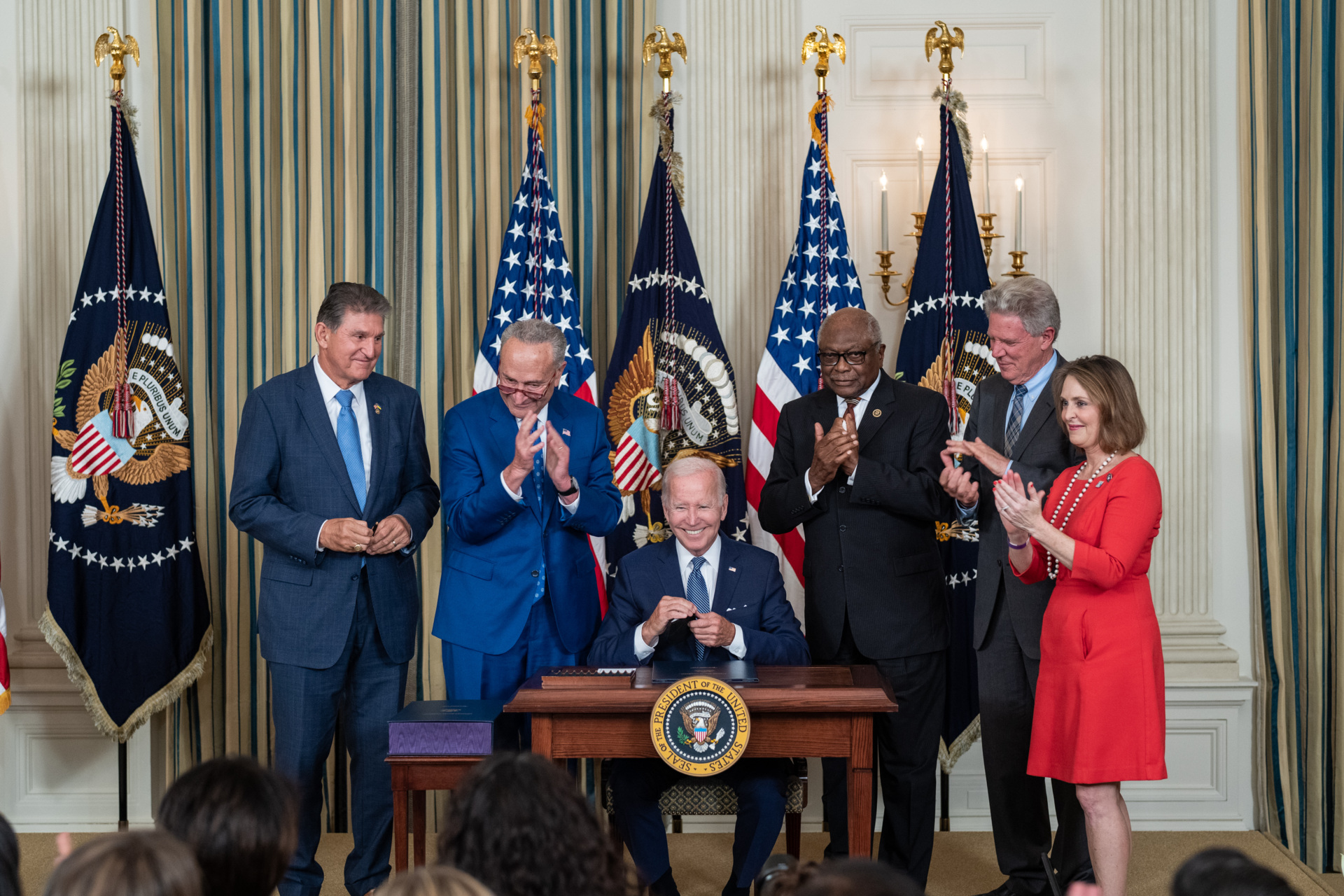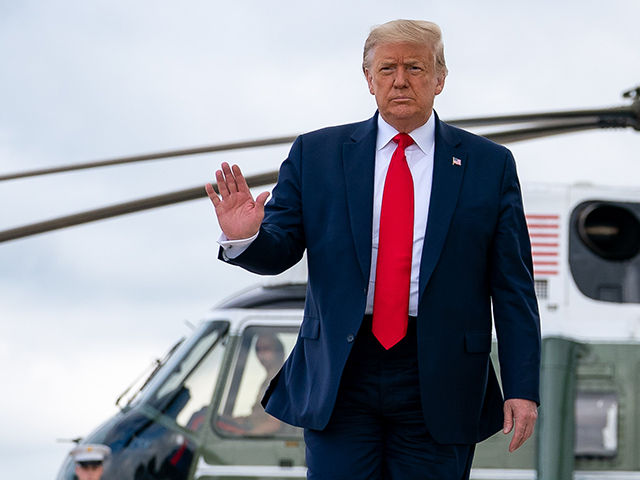It’s Still the Economy, Stupid
The latest polling indicates that Republicans are well-positioned to take advantage of voter unhappiness about inflation and the U.S. economy—and that these issues may be decisive in November.
But Republicans should not get complacent. Democrats are actually gaining a bit.
According to our friends at Rasmussen Reports, 91 percent of likely voters say economic issues will be important in this year’s presidential election. Sixty-eight percent say the economy will be very important.
Republicans are heavily favored by those who say the economy will be very important. Fifty-nine percent of likely voters who see the economy as very important in this year’s election say they trust the Republicans more, versus 32 percent who say they trust the Democrats.
Among all likely voters, Republicans have the lead on economic issues—but it is not as wide and it is narrowing. In April, the GOP was ahead by 13 points, with a 51 percent majority favoring Republicans compared with 38 percent favoring Democrats. In the June poll released this week, 48 percent said they trust Republicans more, and 41 percent say they trust Democrats more.
The demographics are interesting and promising for the Republicans, not just for this election but for the future. Fifty-four percent of white voters trust the GOP more on economics, compared with 36 percent for Democrats. Among Hispanics, the GOP leads 50 percent to the Democrats’ 40 percent. If that translates into increased Hispanic votes for Republicans, Democrats will have a hard time winning national and state-wide offices going forward.
Black voters overwhelmingly still trust Democrats more, with just 25 percent favoring Republicans and 62 percent favoring Democrats. But that’s less lopsided than it has been in the past.
There’s a gender gap on economic issues, but it favors Republicans. Men and women are equally likely to see the economy as important for this year’s election. Fifty-two percent of men say Republicans are better on the economy, compared with 37 percent who say Democrats are better. Among women voters, the two parties are tied at 44 percent. If you win men and tie with women, you win elections.
Why Voters Trust the GOP on Inflation
The story is similar when we focus in on inflation. Eighty-four percent of likely voters believe the issue of inflation will be important in this year’s presidential election, including 61 percent who expect it to be very important. Among those who expect it to be very important, 69 percent trust Republicans more on the issue.
There’s a partisan gap when it comes to the importance of inflation for the election. Seventy-four percent of Republicans say it is a likely to be a very important issue in the presidential election, as do 69 percent of independents. But just 43 percent of Democrats do.
That’s likely a bit of wishful thinking on the part of Democrats. They understand that if inflation is very important in this year’s election, Donald Trump is more likely to win in November. So, when asked by Rasmussen’s pollsters, they say they think it will not be that important.
Rasmussen also asks voters how serious of a problem they think inflation is right now—as opposed to the role it will play in the election. Eighty-two percent say it is a serious problem, including 63 percent who say it is a very serious problem.
There is also a partisan gap on this question. Seventy-eight percent of Republicans and 68 percent of unaffiliated voters say inflation is a very serious problem. But among Democrats, just 45 percent say it is very serious.
That might help explain why Republicans are more trusted on the issue of inflation. With partisan Democrats not believing inflation is all that serious of a matter, it is reasonable to assume that Democrat officials are less serious about fighting inflation as a policy goal. The Democrats have other priorities; and if it takes a rise in inflation to accomplish their goals, they’re more likely to accept that trade-off.

President Joe Biden signs the “Inflation Reduction Act of 2022” on August 16, 2022, in the State Dining Room of the White House. (Official White House Photo by Cameron Smith via Flickr)
Certainly, that’s been the case with the Biden administration. The Biden administration has embraced a host of policies that have had inflationary effects—from climate change policies to seemingly unlimited streams of funding for Ukraine’s war with Russia, diversity equity and inclusion programs that weigh down production, and massive deficit spending. The administration even perversely called its green new deal spending plan the “Inflation Reduction Act,” showing how unserious it is about the issue.
Republicans, however, should not assume they can easily glide to election day on the issue of inflation. After surging in the beginning of this year, inflation has moderated quite a bit. It’s still running very hot—the consumer price index was up 3.3 percent in May from a year earlier—but it is cooling. Although we think it is unlikely, there is a nontrivial chance the Fed will cut in September, which could create the impression that inflation is no longer as much of a threat.

COMMENTS
Please let us know if you're having issues with commenting.